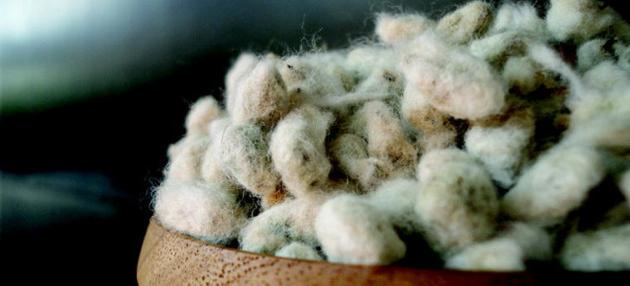
The Hindu
‘Paruthi’, an organic cotton brand, aims to promote rain-fed cotton, grown in Madurai, in the Indian fashion scenario
In 13 villages around Arasapatti near Tirumangalam in Madurai district, cotton is more than just a crop. It’s a symbol of life and livelihood for farmers in the black-soil belt, who have silently engaged themselves in a revolution to change the environment for the better. Nearly 400 farmers in the region have adopted organic cotton farming, saying a strict no to the usage of pesticides in their fields. From here the organic cotton cultivation extends into Mahalingam hills and the Western Ghats in Rajapalayam in Virudhunagar district and parts of Sivaganga and Ramnad districts.
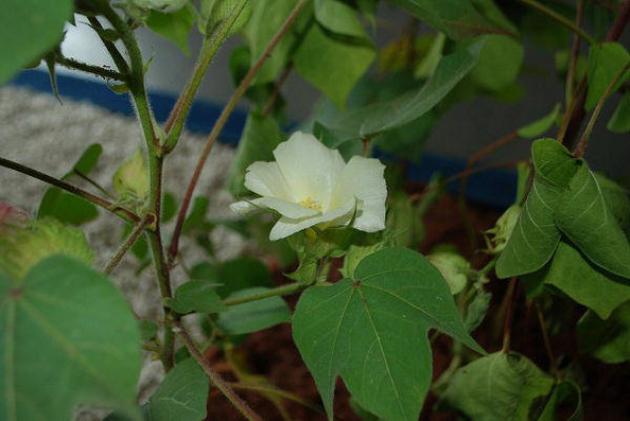
“The farmers follow rain-fed cotton farming that involves multiple-cropping technique. It’s a short-staple cotton variety coming from indigenous seeds,” explains N. Muthuvelayutham, Secretary, Covenant Centre for Development (CCD) – an NGO working with cotton farmers around Madurai since 2006 to inculcate organic practices. “Organic cotton farming is labour-intensive and not lucrative. The farmers have to be encouraged to continue with the age-old techniques.”
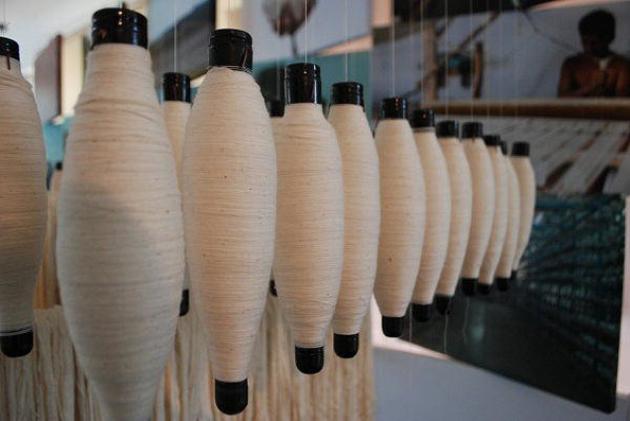
This is where ‘Kapas’, a campaign by Upasana Design Studio at Auroville in Pondicherry helps the farmers. Started in 2007, the project promotes indigenous cotton varieties, organic farming techniques and aims to position short staple cotton as the market strength. “This will empower the fragile rain-fed cotton farmers of Tamil Nadu,” vouches Uma, the founder of Upasana. “Indian domestic market doesn’t recognize organic cotton,” she rues, “99 per cent of our cotton is genetically modified.” “Adoption of organic cotton is the answer to reduce carbon prints,” she asserts.
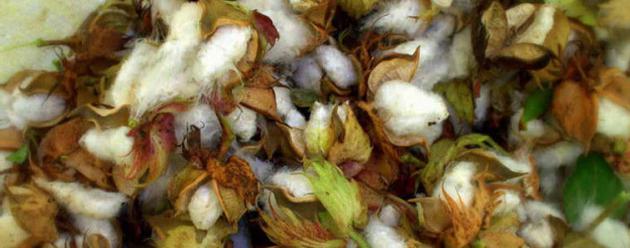
Uma launched ‘Paruthi’ as an organic cotton brand to promote the produce in the Indian fashion scenario. “Though organic cotton is expensive, large scale adoption of it in the prêt line will contain the synthetic cotton’s invasion of the market,” explains Uma, adding, “Long-staple cotton yarn can also be done in organic method but not many are aware of it.”
Paruthi’s cotton is purchased directly from the farmers around Madurai and they are paid a premium price as an encouragement to remain organic.
Muthu says most fall prey to genetically modified BT cotton seeds in order to achieve greater yields. But that spoils the soil and the environment as it involves usage of harmful pesticides“In organic farming, a range of cash crops, fodder and firewood crops that are natural pest-repellents are grown along with cotton. While the indigenous cotton seeds can be reused, the BT variety has to be bought afresh every sowing season.”
However, organic farming can only be done in rain-fed areas and not in irrigated-farmlands and that is what dissuades a farmer from growing short-staple organic cotton. “It hardly fetches profit for the investments he makes in irrigation facilities,” says Muthu.
A documentary shot by the Kapas team shows the ill effects of the pesticides and BT cotton seeds on the environment, soil and the health of farmers. Most times the pesticides fail to kill pests but the farmer ends up buying the expensive ones andlands in debts. The video also explains the causes for farmers’ suicides in the black-soil region in Vidharbha, Maharashtra. “Minor changes in farming technique can increase the yield and quality of organic cotton. In line sowing method, just 10 Kg of seeds is enough to give 200 Kg of cotton per acre,” says Muthu.
“The quality of cotton depends on picking. Cotton picked in jute gunny bags get spoilt as the fabric fibres get frizzed and contaminated.” The CCD has formed a group ‘Sevaipatti Organic Farmers Federation’ and assists the farmers with clean cotton bags for picking the fibre.
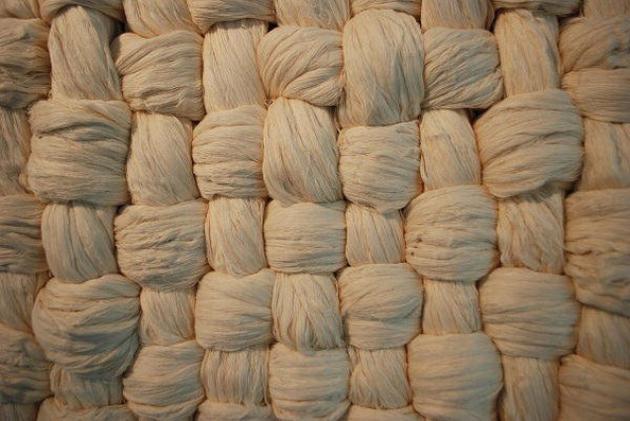
Today, 400-odd farmers spin their own yarns and weave them in handlooms at G. Kallupatti, provided by an NGO – ‘Reaching the Unreached of Indian Villages’ which has been working in the sector for 36 years. “The hoarse varieties are exported to Japanese companies that make kitchen wears like aprons, hand-cloves and napkins,” says Muthu. “And the finer cotton is sent to Upasana’s Kapas project under which it is designed and developed into clothes. Paruthi positions itself as a designer label yet aims to reach the masses. Currently Paruthi cotton is being marketed through 20 retail outlets in 11 cities across the country. “We conduct events, auditions and promotions for the brand. We will soon be launching a line of organic-cotton-made clothing with medicinal properties,” informs Uma.
So, the next time you purchase a cotton garment try to get an organic piece that’ll remind you of the need to change!
source: http://www.thehindu.com / The Hindu / Home> Features> MetroPlus / by A. Shrikumar / Madurai – June 19th, 2013